Projects
Individual Development
To the project browser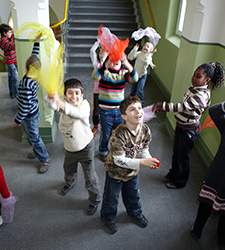
UPWIND
The project UPWIND investigates associations of affective, motivational, and cognitive processes in students. It specifically targets differences between children that can inform easily implemented interventions that can be tailored to individual students.

RESI
The project RESI investigates the relationship between individual cognitive variables and arithmetic strategies in primary-school children.
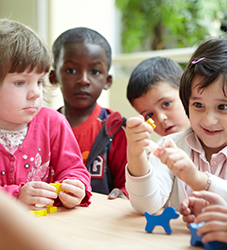
META-EF TRAIN
The project investigates the effects of metacognitive executive function training in children from low socioeconomic backgrounds with an emphasis on transfer to academic abilities. Children are recruited in Germany and the UK to ensure greater generalizability. We focus on two age groups (4-6 vs. 8-10 years) to examine whether there is a developmentally sensitive period for cognitive training interventions.

AttentionGO
In this research project developmental trajectories of children with and without ADHD symptoms will be examined by determing cognitive and emotional fluctuations, difficulties in self-regulation, and learning strategies.

SASCHA
The project SASCHA studies the adaptation of the transition from primary to secondary school. Specifically, daily academic and social challenges of the transition as well as coping mechanisms are studied.

MEMO
The project MEMO analyzed verbal rehearsal-strategy development in children with and without dyslexia or dyscalculia.
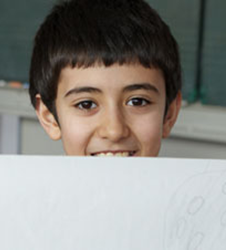
LEMO
The project LEMO focused on achievement motivation of children in primary school.
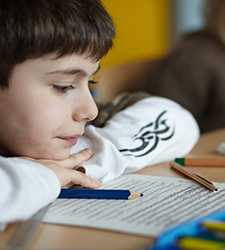
Kosmos
Kosmos focused on the cognitive and socio-emotional development of children with dyslexia and/or dyscalculia.
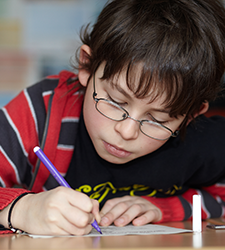
WorlD
In the project WorlD, we examine the role working memory plays for learning to read, write and calculate in children with intellectual disabilities.
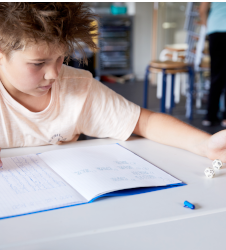
BÄRENstark!
The project BÄRENstark! investigated the cognitive causes of learning difficulties in basic scholastic competencies such as reading, spelling, and calculating.